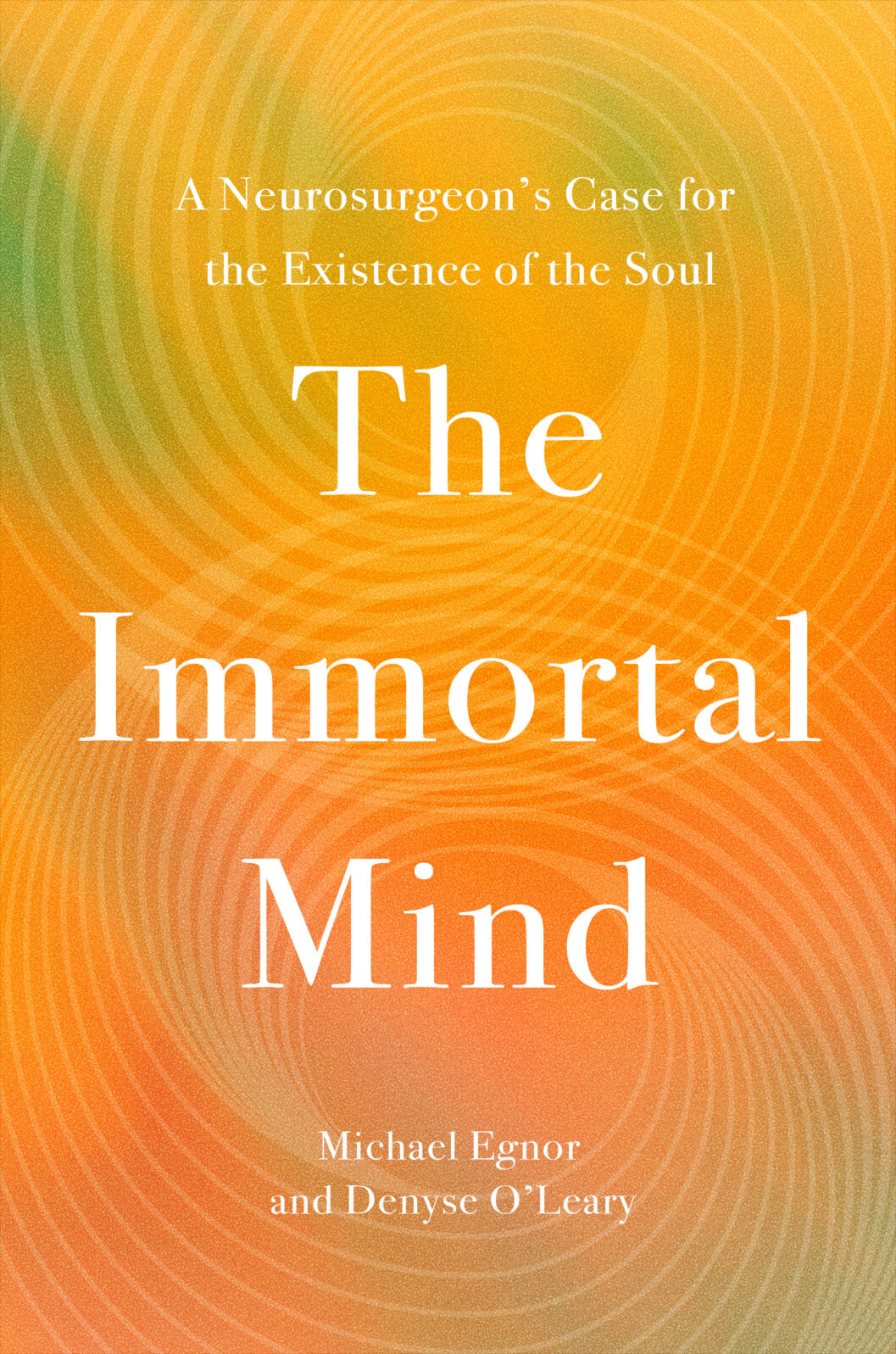What Brain Surgery for Epilepsy Taught Us About the Human Mind
Michael Egnor continues his discussion with Pat Flynn, noting that neither seizures nor Penfield’s brain stimulation provoked abstract thoughtYesterday, we looked at the first part of Pat Flynn’s recent interview with neurosurgeon Michael Egnor on the ways that neuroscience is not confirming materialism the way it was supposed to.
The pattern is clear, even though the research results are often obfuscated in media reporting. That was certainly the case with classic findings from epilepsy surgery.
Here are some selections from the transcript:
Dr. Egnor, Professor of Neurosurgery and Pediatrics at Stony Brook University in New York State, offers a number of specific examples, including the pioneering work of neurosurgeon Wilder Penfield (1891–1976) in treating epilepsy. Penfield, observed closely what happens in an epileptic seizure. But the most interesting element he found was what didn’t happen.
Seizure victims might collapse, feel tingles, see flashing lights, experience strange smells. They could have powerful emotions, a sense of doom, oir a sense that everything is hilarious. They can even remember things they thought were long forgotten, like an incident from school days:
But Penfield said that’s where it ends. That is that there’s no other mental content that ever appears in a seizure. He said, for example, you never have a mathematics seizure. You never have a seizure where you can’t stop doing calculus. You never have a logic seizure, you never have a philosophy seizure, you never have a music seizure, you never have a literature seizure. This whole range of abstract thought, things that kind of make us human are never a part of a seizure. And Penfield said, why not? If random electrical discharges in the brain will spark off a thought, why aren’t the thoughts ever abstract? Why aren’t they ever about math?
Penfield had started out as a materialist but he ended up thinking, as Egnor puts it, that “maybe the mind isn’t entirely from the brain. Maybe there are aspects of the mind that are spiritual and not material.”

His conviction was strengthened by the more than 1100 “awake” brain operations he did. During surgery, he would stimulate an area of the brain of a patient with serious epilepsy in order to find out if that area did anything important. If not, he could simply remove it if it were damaged, lessening the chances of another serious seizure. Meanwhile, he mapped the areas of the brain he was working on.
And Penfield found exactly the same thing that he had found in his review of epilepsy. That is that when he stimulated the brain, he could stimulate people to move their limbs. He could stimulate people to have perceptions like flashes of light or feelings on the skin. He could stimulate emotions by stimulating certain parts of the brain and he could stimulate memories, but he could never stimulate abstract thought. He could never stimulate mathematics. No matter where he touched in the brain, you didn’t start saying one plus one is two.
Penfield later wrote a thoughtful book about his findings, Mystery of the Mind, (1975). But, Egnor says, the book “gained no traction, meaning that neuroscientists would read this and just went on their happy materialist way, just ignoring Penfield’s observation.”
What happens when you put a date on materialism’s promises?
Promissory materialism means that contrary evidence is shelved, on the theory that one of these days in the indefinite future, we will have a materialist explanation for it, along with everything else. Of course, the promise comes with no specific fulfilment date. So contrary evidence is shelved indefinitely and it just builds up quietly.

Significantly, one of the most interesting bets in recent science history did have an end date. Neuroscientist Christof Koch’s twenty-five-year wager with philosopher of mind David Chalmers — that a “consciousness circuit” would be found in the human brain by 2023 — ended that year. No circuit was found. If Koch had been content to do the usual promissory materialism thing, he would never have put a date on the project and we would be informed, “Well, one of these days…”
Of course, depending on how consciousness works, it’s always possible that such as circuit will be found. But putting a date on the claim has a way of changing its nature. We are entitled to consider failure to find the circuit within an agreed-on period as evidence. If enough evidence builds up, we are entitled to consider that we may be on the wrong track. That isn’t just a hoped-for “someday.”
Dr. Egnor and Denyse O’Leary are the authors of The Immortal Mind: A Neurosurgeon’s Case for the Existence of the Soul (Hachette Worthy, June 3, 2025).
Next: What did splitting human brains in half tell us about the human mind?
Here’s the first part of the transcript with notes: Is materialism slowly losing its death grip on science? If it is, neuroscience discoveries will play a key role, neurosurgeon Michael Egnor tells podcaster Pat Flynn, in a recent podcast interview. Materialism is a totalistic claim. If the human mind is not simply the physical processes of the brain, with no remainder, then materialism is disproven.
